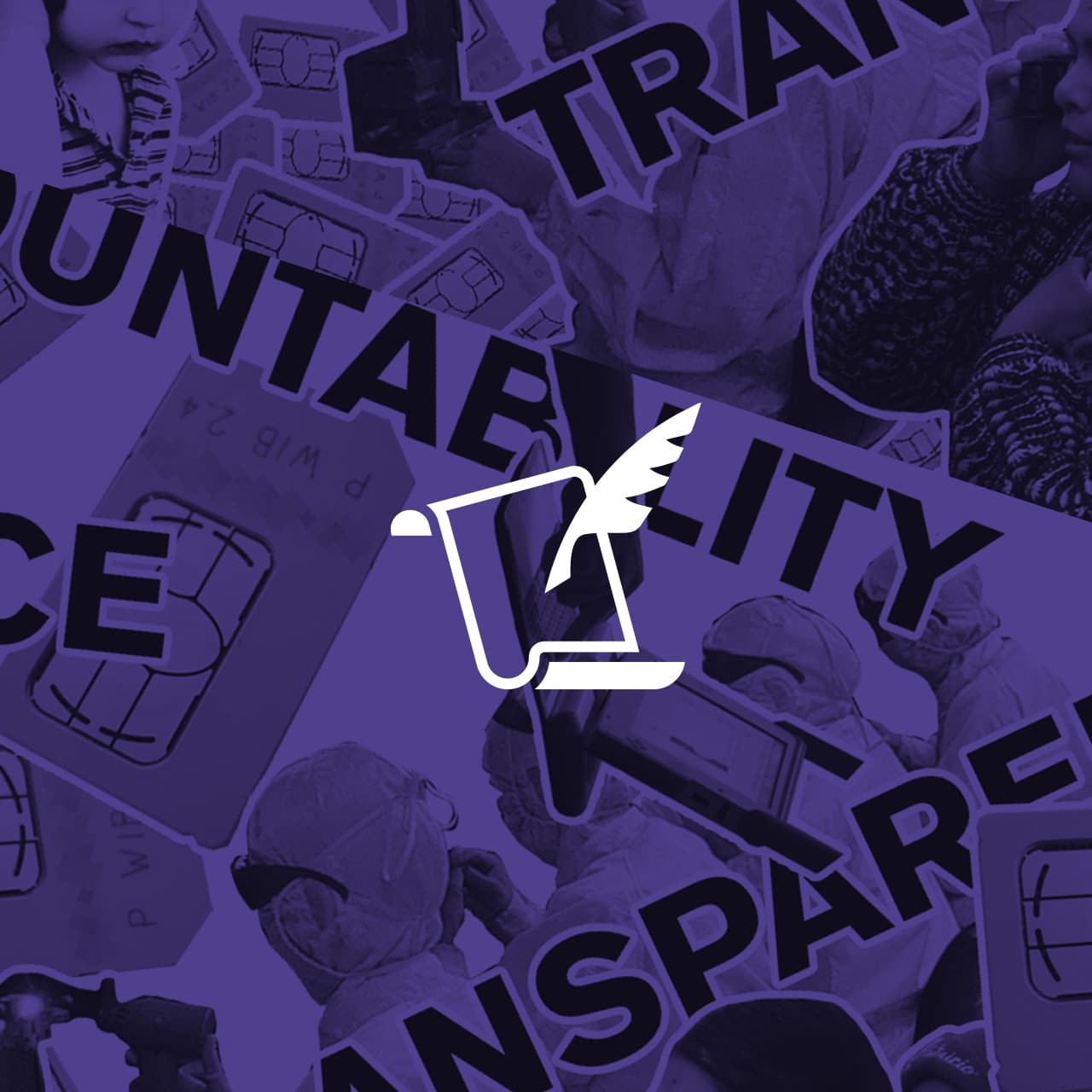
Major UN and international rights experts have just declared that internet kill switches are absolutely impermissible under international human rights law, even in times of conflict. This historic statement holds that governments can no longer justify ordering telecommunications companies to shut off mobile or internet services in the face of social unrest or protest. It is a critical decision that impacts the rights of people who are protesting from Burundi to Baltimore.
The statement shows that internet connectivity is now being recognized as essential to the exercise of human rights, even in times of conflict, and is therefore fundamental to society worldwide. This paves the way for action by multiple parties. State and intergovernmental organizations, operating in forums around the globe, national and local law enforcement bodies, and corporations, can and should integrate these findings in their ongoing initiatives to protect and respect human rights. It is imperative to take action now to end to these egregious internet shutdowns.
Under Section 4(c), the statement explains:
Filtering of content on the Internet, using communications ‘kill switches’ (i.e. shutting down entire parts of communications systems) and the physical takeover of broadcasting stations are measures which can never be justified under human rights law.
The declaration is especially timely given that the government of Burundi appears recently to have ordered telcos to shut down social media services Twitter, WhatsApp, and Viber, in response to protests surrounding an upcoming presidential election (see Access’ letter to UN officials, imploring them to take action here – PDF). This is the third time in 2015 that a government has ordered such a shutdown.
The statement was endorsed by the UN Special Rapporteur on Freedom of Opinion and Expression, the Organization for Security and Co-operation in Europe (OSCE) Representative on Freedom of the Media, the Organization of American States (OAS) Special Rapporteur on Freedom of Expression, and the African Commission on Human and Peoples’ Rights (ACHPR) Special Rapporteur on Freedom of Expression and Access to Information. The NGOs Article19, Global Campaign for Free Expression, and the Centre for Law and Democracy all contributed to the statement.
